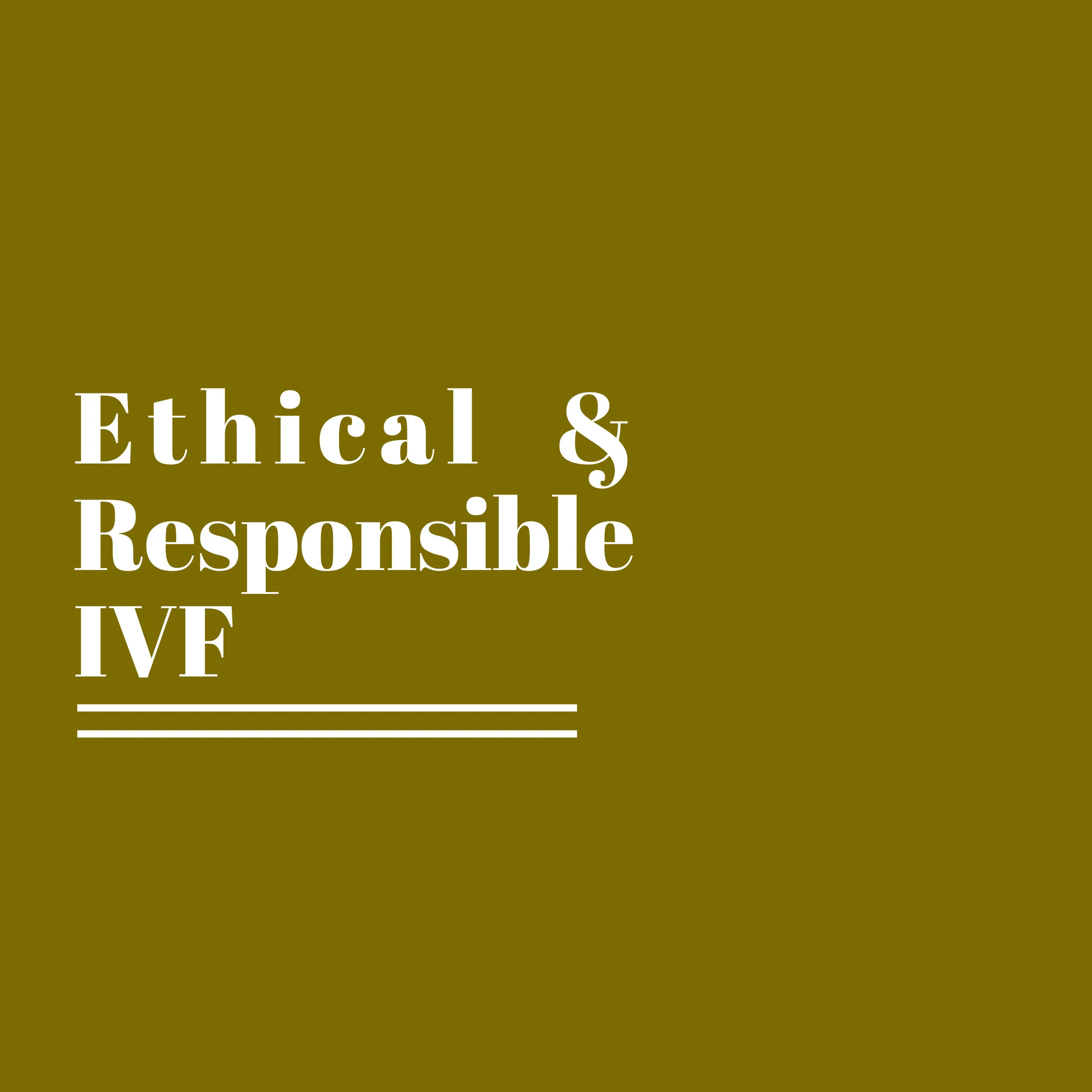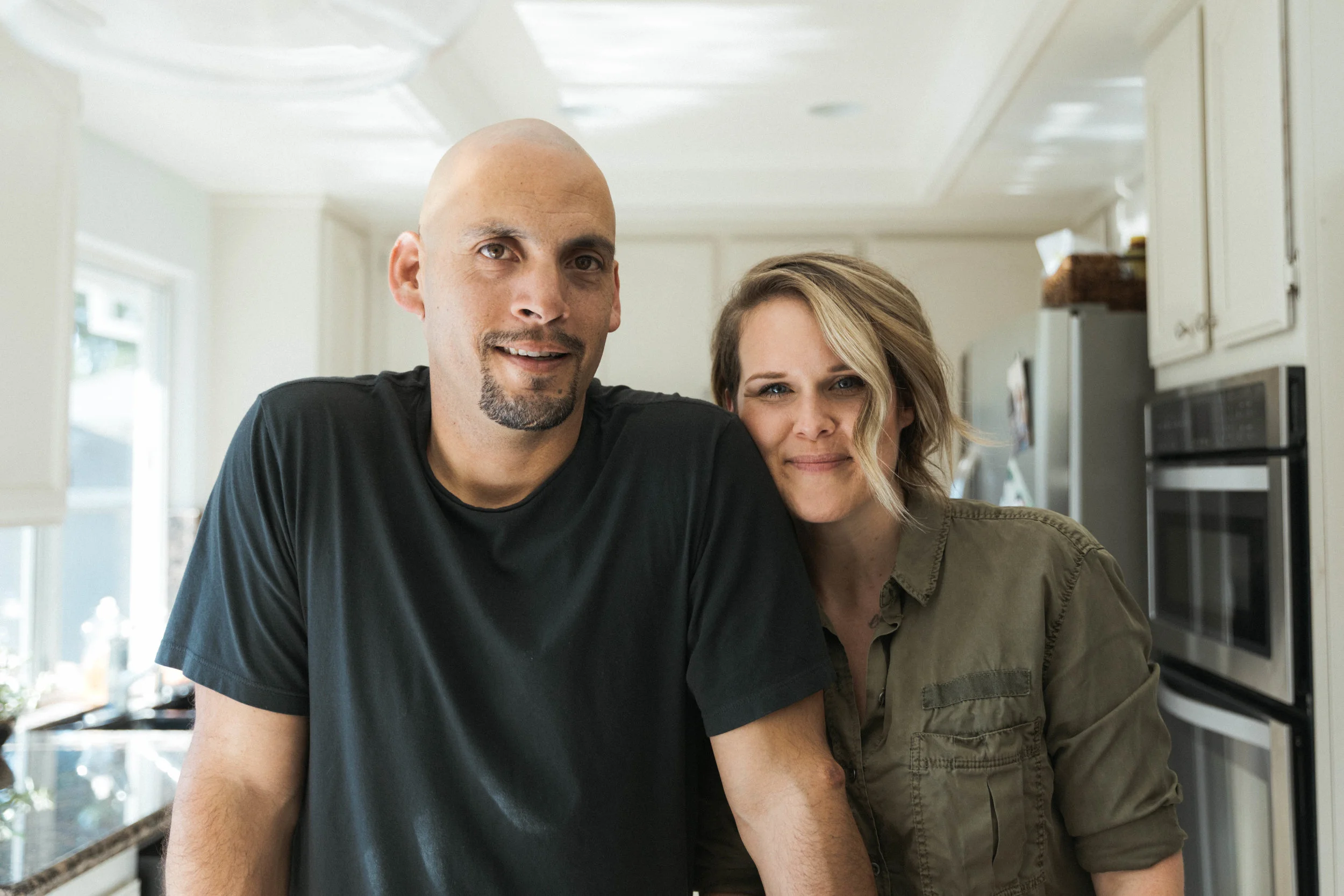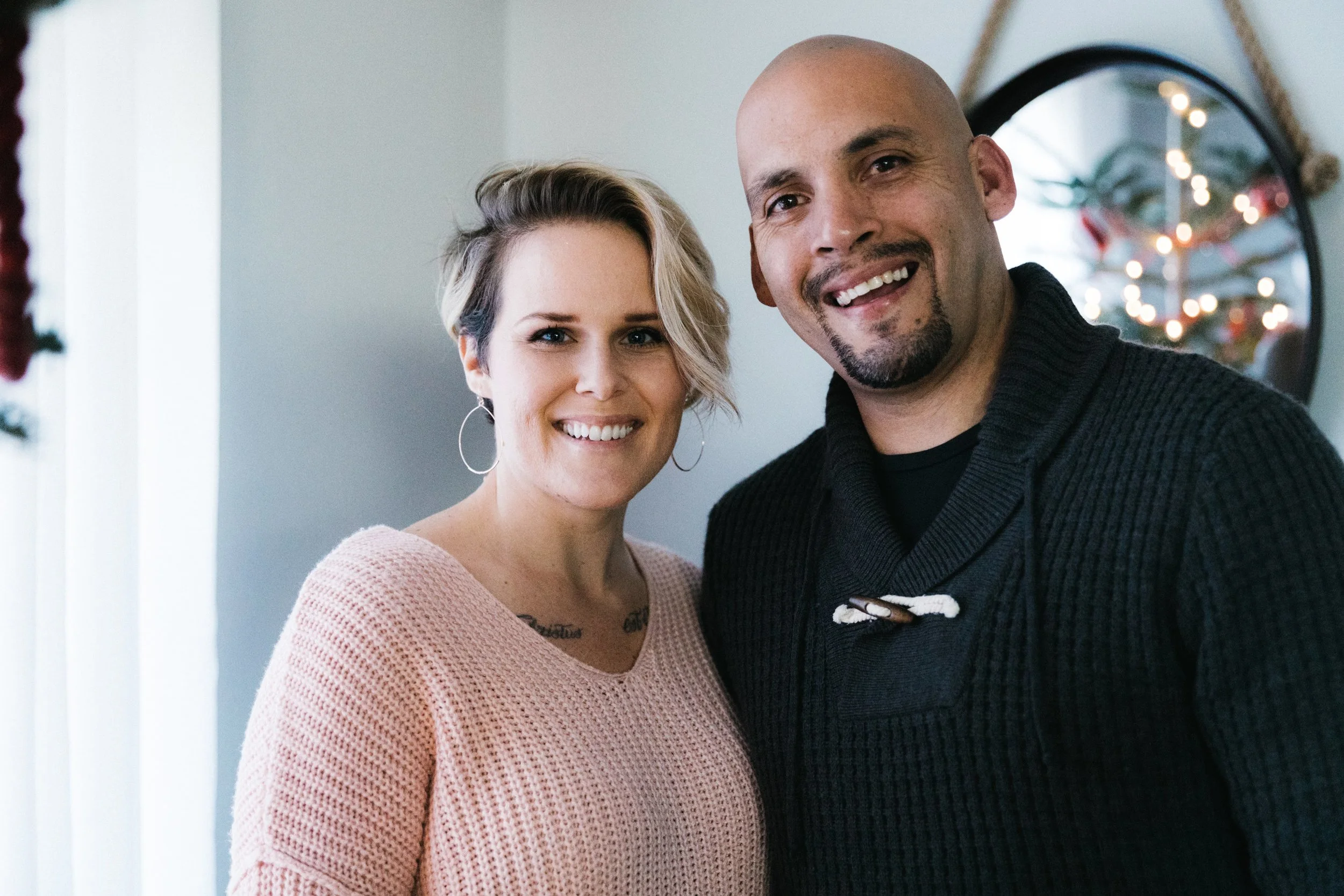Ethical & Responsible IVF
Having gone through two rounds of IVF, I’ve gotten a very good understanding of the process, as well as how to do it ethically & responsibly. As someone who is a Christian and pro-life, it was extremely important to me to do IVF in such a way that honors God & honors life.
IVF is short for in vitro fertilization. It’s the process by which embryos are created outside the womb by combining a man’s sperm with a woman’s egg. Those embryos are then put back into the woman’s womb at the most opportune time to achieve pregnancy.
There are several points in the process where ethical decisions need to be made. In fact, before you even start the process a decision needs to be made regarding embryo creation.
The first half of the IVF process is called the “egg retrieval”. During this process your body grows multiple follicles that contain eggs. When the follicles are mature, the eggs are retrieved and fertilized with sperm. This is where the first ethical decision needs to be made. A decision needs to be made beforehand if you are going to give every one of the embryos a chance at life or if you’re going to discard or donate to science the embryos that exceed the amount of children you plan to have. If you are pro-life, there’s only one decision here and it’s to give life to every embryo, whether that is through your body or someone else’s body via surrogacy or embryo adoption. This is the most important decision you’ll make and will be the difference between honoring life and not.
My husband & I made the decision beforehand to give every embryo the opportunity to live. In our second and final round of IVF we created 6 embryos. I was in my late 30’s at the time and the reality was that we would need to hire a surrogate if all the embryos were viable. For us, embryo adoption did not feel like the right decision. Of course, embryo adoption still honors life but we didn’t feel comfortable with the idea that our child would grow up possibly believing that they weren’t wanted by us.
The second ethical decision is in planning for the unexpected. Some of the questions you’ll get asked by your doctor are If one of you passes away, and you still have embryos, what will you do with them? If you get divorced, and still have embryos, what will you do with them? If you both pass away, and you still have embryos, what will you do with them? For the first two questions, giving the embryos the opportunity at life by either putting them in your own womb or someone else’s womb via surrogate or embryo adoption is the only decision that honors life. The last question is a little more complicated and will require conversations with your fertility doctor. In our case, we wanted to ensure that if we had any remaining embryos that they be put up for embryo adoption in the event that we both passed away. The issue with that is there needs to be testing done beforehand so that it can be determined that you are eligible for embryo adoption. If the testing is not done beforehand and both parents pass away then the clinic will discard the embryos or donate them to science. So, you will need to be an advocate for your embryos with your doctor. Your doctor will likely tell you it won’t be an option to give your embryos up for adoption if you both pass away, so you will need to push for a solution that works for you. In our case, we asked to get the testing done beforehand so that if we passed away, all the testing that needed to be done for embryo adoption was out of the way. The second thing we planned to do was to put our embryos in our will. We planned to make sure that it was clearly stated in our will that any remaining embryos be donated to an embryo adoption agency if we passed away. We never got to that step because out of the 6 embryos we had only 1 embryo survived and produced a viable pregnancy. But, we were fully prepared to put the time, effort and money into ensuring our embryos had a chance at life.
The last ethical decision you will make is during embryo creation. This is taking IVF and honoring life a step further than most will and is really at your discretion. When your embryos are created they will be given a grade by your doctor based on how they look and how they are developing. Your doctor has a threshold of which embryos are considered viable and which are not. The threshold for our doctor was anything below a CB or BC (to understand more about embryo grading click here). We decided beforehand that we did not want to discard embryos that went below the doctors grading threshold, so we kept an embryo that had a CC grading. Our doctor gave that embryo a 5% chance at being viable. In our last embryo transfer we transferred the CC along with a CB and one of them became our baby. We won’t ever know which one did but it’s possible that the CC embryo, that our doctor would have discarded, was our viable embryo. This part of the IVF process should be done with a lot of prayer and conversations with your spouse and/or doctor.
IVF is an extremely beautiful process and can be done with the utmost respect for life. It is more complicated to honor life when doing IVF, but at the end of the day you’ll want to do this process right and not have any regrets. We are so very thankful for science and modern technology. Without it we wouldn’t have our sweet 3 year old son and another sweet baby on the way. We sought God every time we did IVF and followed his lead in it. We also trusted that God would provide for us, financially, emotionally, etc. so we could honor life in all the decisions we made along the way.
My prayer is this article helps you in your journey. God bless you and your future babies!





